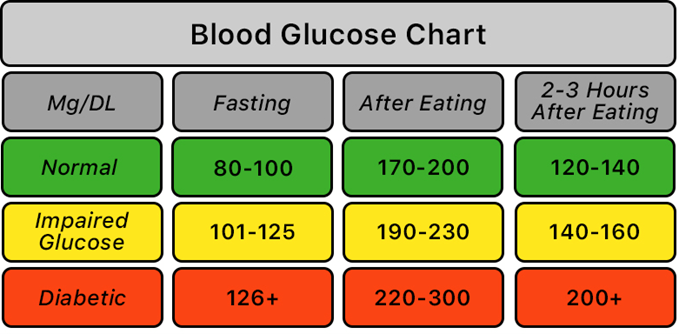A medical-surgical unit has implemented a policy change. The nurse manager has noticed that one of the nurses, who has a history of being resistant to change, is not delivering care according to the new policy. Which of the following actions should the nurse manager take?
Encourage the nurse to verbalize the reasons for resistance to the change.
Ignore the resistance and allow peer pressure to facilitate a change in the nurse's behavior.
Explain the importance and rationale of implementing the new policy to the nurse.
Indicate that there will be disciplinary consequences if the nurse does not implement the new policy.
The Correct Answer is A
If a nurse manager notices that a nurse who has a history of being resistant to change is not delivering care according to a new policy, the appropriate action for the nurse manager to take is to encourage the nurse to verbalize the reasons for their resistance to the change. This will allow the nurse manager to understand the nurse's concerns and work with them to address any issues and facilitate their acceptance of the new policy.
Option B is incorrect because ignoring the resistance and allowing peer pressure to facilitate a change in the nurse's behavior is not an effective or respectful way to address the issue.
Option C is incorrect because explaining the importance and rationale of implementing the new policy to the nurse may be necessary, but it should not be the first action taken.
Option D is incorrect because indicating that there will be disciplinary consequences if the nurse does not implement the new policy may be necessary, but it should not be the first action taken.
Nursing Test Bank
Naxlex Comprehensive Predictor Exams
Related Questions
Correct Answer is C
Explanation
The correct answer is Choice C.
Choice A rationale: Offering to help the AP complete the tasks may seem like a good solution in the short term. However, this approach does not address the underlying issue, which is that the AP was not able to complete these tasks the previous day. The nurse’s role is to delegate tasks appropriately and ensure that all tasks are completed in a timely manner. If the nurse takes over the AP’s tasks, it could lead to an imbalance in the workload and could potentially overburden the nurse. Therefore, while this choice may seem helpful, it is not the most effective solution to the problem.
Choice B rationale: Assigning a more qualified staff member to the tasks could be a potential solution if the AP’s inability to complete the tasks was due to a lack of skills or knowledge. However, without more information, it’s not clear that this is the case. Furthermore, this approach could lead to resentment among staff if it appears that tasks are not being distributed fairly. Therefore, while this choice could be a potential solution, it is not the most effective solution given the information provided.
Choice C rationale: Planning a more reasonable job assignment is the most effective solution to this problem. If the AP was not able to complete the tasks the previous day, it suggests that the workload was too heavy or the tasks were too complex. By reassessing the job assignment and making it more manageable, the nurse can ensure that all tasks are completed in a timely manner. This approach respects the abilities and limitations of the AP, promotes a fair distribution of tasks, and ensures the best care for the clients.
Choice D rationale: Setting a time frame for the AP to complete the tasks could be a potential solution if the issue was that the tasks were not completed in a timely manner. However, if the AP was not able to complete the tasks at all, simply setting a time frame may not resolve the issue. This approach could also add unnecessary pressure on the AP, which could lead to rushed or substandard work. Therefore, while this choice could be a potential solution, it is not the most effective solution given the information provided.
Correct Answer is D
Explanation
Of the four clients described, the nurse should attend to the client who has diabetes and had a 0600 blood glucose level of 60 mg/dL first. This client's blood glucose level is low and requires immediate intervention to prevent further complications.
Option A may require attention, but the client's condition is stable and they are receiving treatment.
Option B may also require attention, but an oxygen saturation of 90% is within an acceptable range for a client with COPD.
Option C may also require attention, but the client's restlessness during the night does not indicate an immediate need for intervention.

Whether you are a student looking to ace your exams or a practicing nurse seeking to enhance your expertise , our nursing education contents will empower you with the confidence and competence to make a difference in the lives of patients and become a respected leader in the healthcare field.
Visit Naxlex, invest in your future and unlock endless possibilities with our unparalleled nursing education contents today
Report Wrong Answer on the Current Question
Do you disagree with the answer? If yes, what is your expected answer? Explain.
Kindly be descriptive with the issue you are facing.
